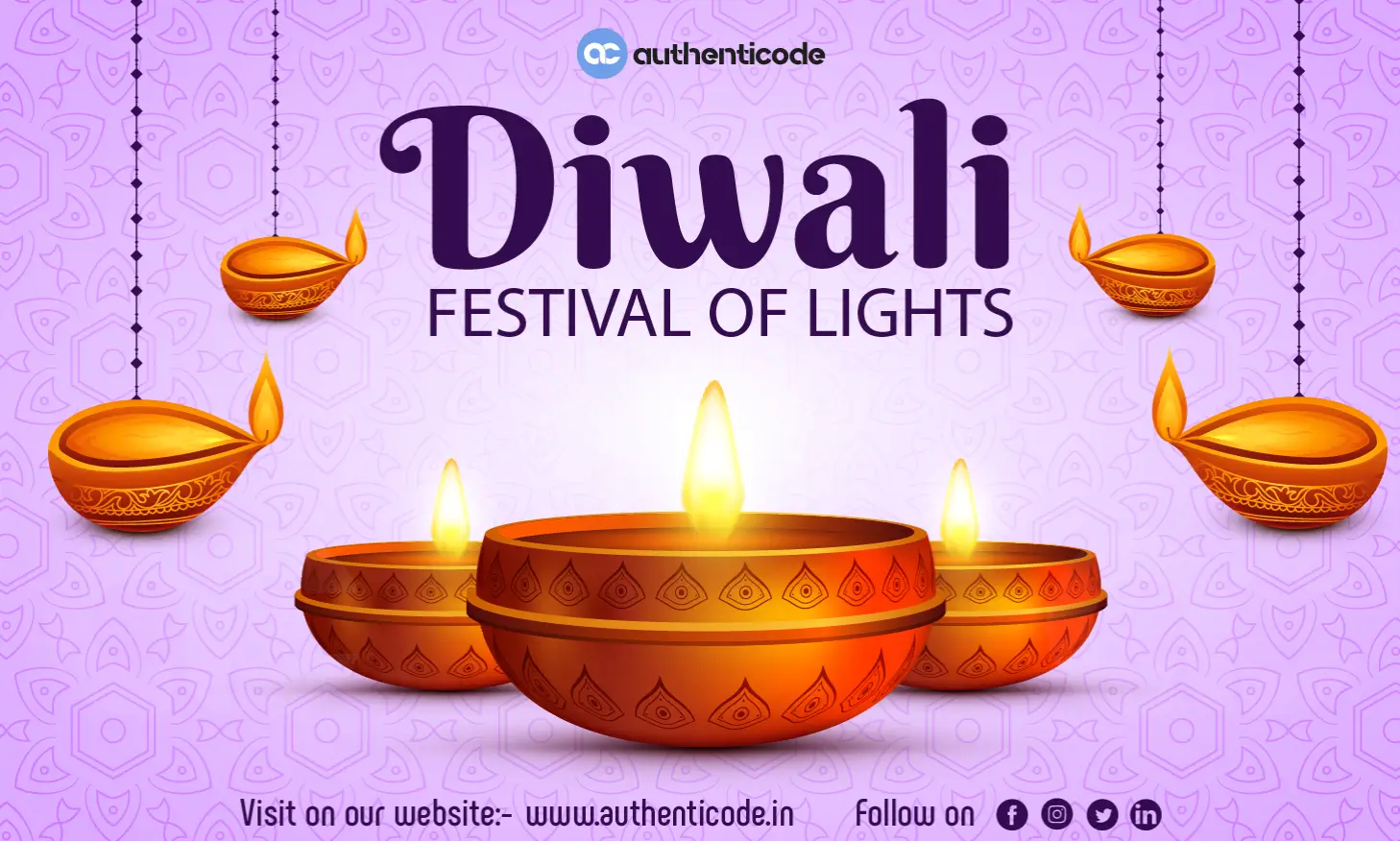
Diwali : The festival of lights
It’s About Light
Every year, Indian communities around the world celebrate the Diwali Festival, a festival of light in many fanfares. Diwali is a five-day festival commemorating the triumph of light over darkness, knowledge over ignorance, and hope over despair.
Is derived from the Sanskrit word "Deepavali". "Deeper" means "light" and "Bali" means "line". So, as you can see at home at this point, the chain of light-the chain of light to celebrate the festival.
This festival is celebrated on Amavasya or "moonless" days and marks the beginning of the new year according to the Hindu calendar. Celebrated by Hindus, Sikhs, and Jains, each of these groups celebrates historical figures and importance. Whatever you believe in, it is a celebration of goodness against evil and heralds a new positive beginning.
In Indian culture, there were festivals every day of the year-365 festivals a year! The idea behind it was to make our entire life a festival. Today, the remaining festivals may be only 30 or 40. People usually only hold about 8-10 festivals a year because they can't even celebrate them. Diwali is an official holiday in India, Nepal, Sri Lanka, Myanmar, Mauritius, Gaiana, Trinidad & Tobago, Suriname, Malaysia, Singapore and Fiji. The largest Diwali festival outside of India, however, is held in Leicester, England, along the Golden Mile.
Celebrating Diwali
The Festival of Lights does just that-illuminates the homes and hearts of communities around the world. During the five-day period, people's homes are illuminated with "diya" (soil candles or small clay lamps), and the exterior is often decorated with lamps. Inside the house is a complex rangoli art with a floor pattern made of rice and colored powder. Neighbors exchange gifts, and the focus is often on candies, dried fruits, and other gifts. It's also time to share with people in need and donate for free to members of the few communities.
The air is rich with the scent of incense, the pungent scent of burning biscuits, and the scent coming from the kitchen. For celebrations, a variety of delicious and delicious dishes are served and eating out is popular, but families mainly prepare meals at home when guests arrive to exchange gifts or watch fireworks. increase.
For some, Diwali is noisy and colorful, and people vie for who has the biggest and brightest fireworks! For some, Diwali means annual cleaning and decoration of the house. And for some, it means the end of the last candy, a series of Hindu celebrations before starting a diet, before entering that evening dress on New Year's Eve!
May this celebration of light bring you peace, prosperity, success, health, and great happiness!

 Comments (5)
Comments (5)









